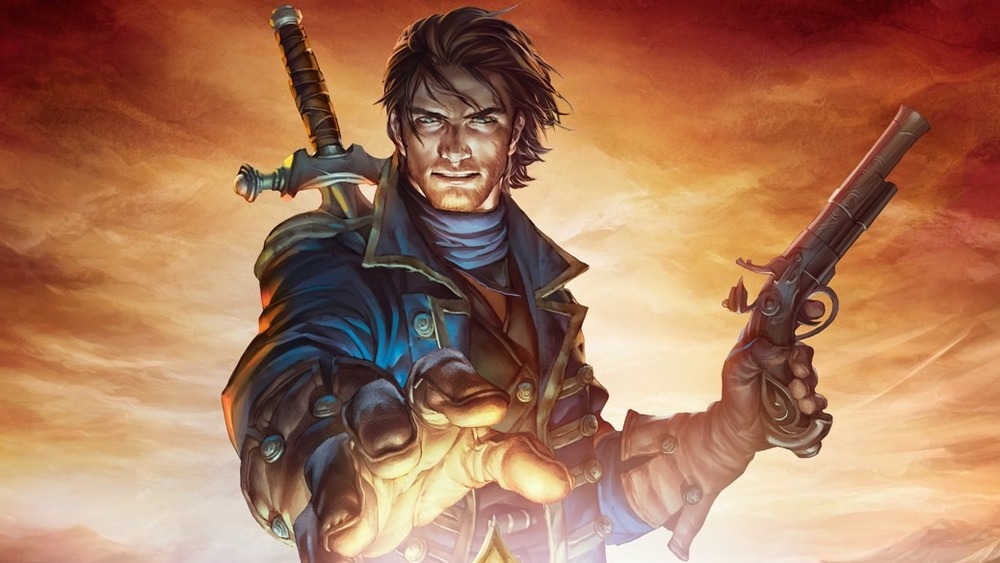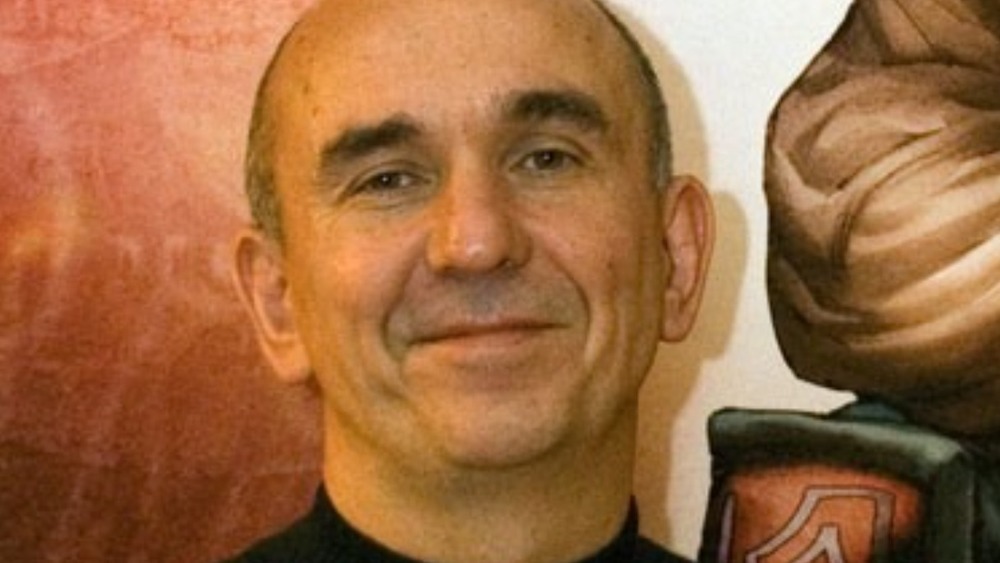Why Fable's Creator Called Fable 3 A 'Train Wreck'
Fable 3 occupies a strange space in gaming history. The Fable series has brought a number of innovations to RPGs, but its creator, Peter Molyneux, has been subject to promising more than his games can deliver. When asked about his promises to the public in an interview with Kotaku, Molyneux said he's simply not great at public relations.
Peter Molyneux has been a major figure in the gaming industry for years, most notably leading Lionhead Studios to produce successful games like Black and White and, most importantly, the Fable series. However, Molyneux isn't proud of all the work he's done over the years. Fable 3 left a mark on his track record. Well, at least, according to Molyneux. Some fans seem to like it just fine.
Fable 3 received middling reviews upon its release in 2011, but it had big shoes to fill. Fable 2 earned some of the most favorable reviews of the series, winning fans over fans with its charming NPCs and interesting world. Regardless of the new things Fable 3 brought to the series, it did not satisfy its creator, who only had negative things to say once the game was on the market.
Failed hopes
Fable 3 released in 2011 and made several changes to the series, like more dialogue for the hero and the inclusion of an interactive menu called the Sanctuary. However, these additions weren't enough to satisfy Molyneux, who promised himself and his fans a different sort of gaming experience.
In a now-deleted interview with Develop, Peter Molyneux described his original vision of Fable 3 as a "beautiful, incredible, amusing, funny, artistic, wonderful gem of a game that anyone could play." But, he lamented, "The gem that was in my mind has never come to be." He went on to call Fable 3 a "trainwreck," because it failed to live up to his expectations.
Molyneux has said that games are living things because they're continuously updated and changed long after their release. This led him to make similar promises when he began developing Godus, which ended up being one of the most disappointing crowdfunded games of all time. Molyneux blames some of his failure on the idea that gaming companies don't support creators enough. He argues that has always been the case, as long as games have existed, and that the lack of support makes game development difficult.


